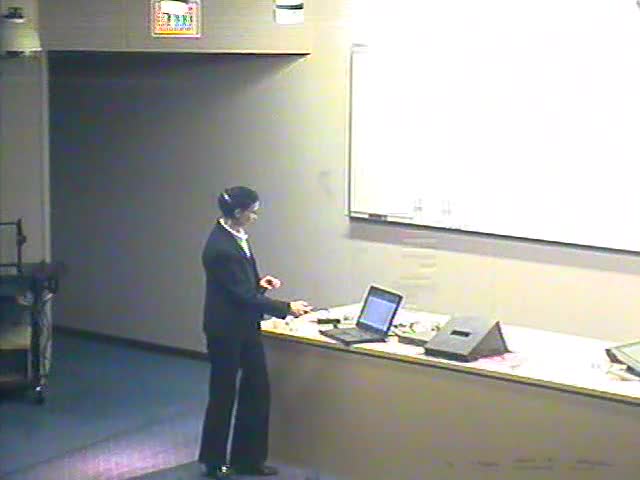Hamiltonian and Markovian reservoir engineering for quantum systems
Presenter
March 4, 2009
Keywords:
- Hamilton's equations
MSC:
- 70H05
Abstract
Hamiltonian engineering has been shown to be a powerful technique, which can be applied to many different problems that involve steering a quantum system to achieve a desirable outcome, and a particularly promising approach to Hamiltonian engineering is the optimal control approach, i.e., formulating the problem as an optimization problem. However, the problem formulation is important, and although optimization is a well-established field, the solution of the resulting optimization problems is usually not trivial, in part because the search space is usually infinite dimensional. To overcome this obstacle the controls must be parametrized, and the parametrization is critical. The most common approach is to approximate the controls using piecewise constant functions. While adequate for some problems, such a parametrization inevitably leads to high bandwidth solutions due to the discontinuities of the fields. We demonstrate that using more natural parameterizations we can significantly reduce the bandwidth of the fields, although at the expense of having to solve more complex optimization problems. Another crucial variable is the problem formulation itself. Often, optimal control problems are formulated using Hamiltonians that incorporate many approximations, e.g., RWA, off-resonant excitations and fixed couplings negligible, etc, which inevitably limit what can be achieved by optimal control. We show that we can in principle speed up the implementation of quantum gates several orders of magnitude compared to conventional frequency-selective geometric control pulses for certain systems by avoiding such approximations and taking advantage of the full range of off-resonant excitations and couplings available in the optimal control framework. Another problem with Hamiltonian engineering is that the most effective approaches are model-based, i.e., we require a model of the system, especially its response to external fields, or the functional dependence on the controls. In some cases this isn't a problem and optimal controls can be designed to be robust with regard to model uncertainties. For other problems, however, such as information transfer through spin networks using simple local actuators, it can be shown that the optimal switching sequences are highly model-dependent, while the exact network topology and precise couplings for such systems are usually not known. Such problems call for closed loop optimization. We show that we can effectively solve problems such as finding optimal switching time sequences for such networks by adapting gradient-based optimization algorithms even for problems where the standard evolutionary algorithms fail completely to find acceptable solutions. Finally, there are certain types of problems that Hamiltonian engineering, although an extremely powerful tool for quantum engineering, cannot solve. One such problem is stabilization in the presence of environmental interactions. This problem can in principle be addressed using reservoir engineering. We consider a variant of Markovian reservoir engineering using direct feedback from an indirect measurement such as homodyne detection. We show that if the control and feedback Hamiltonians in this setting are unrestricted and we have some degree of control over the type of measurement we can perform,
then any state can be in principle be stabilized.
